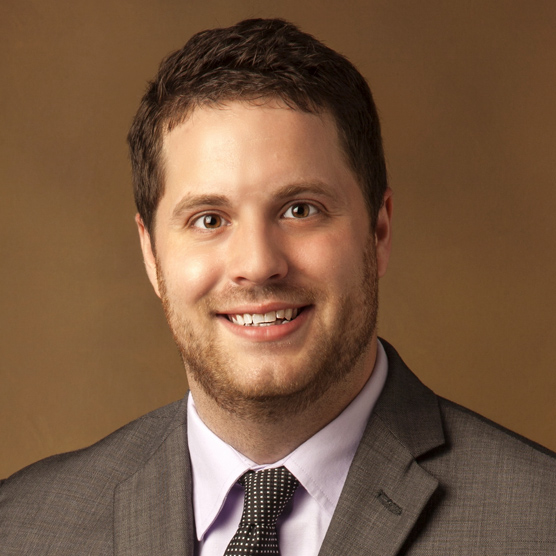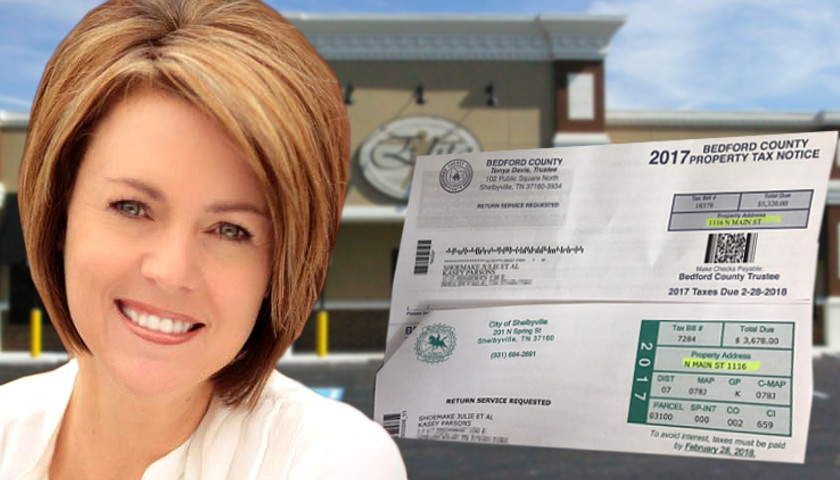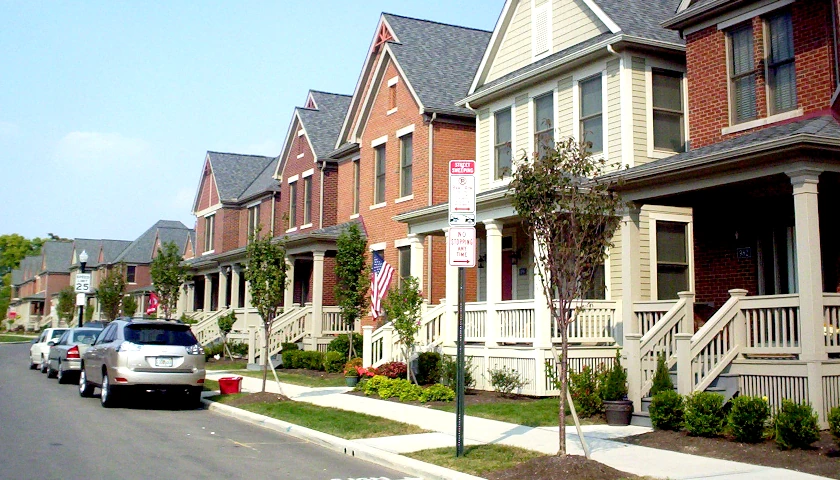Small business owners in Tennessee are paying the price — literally — for large corporations raking in tax breaks.

“What we keep seeing is that small business owners are taking on the burden of higher taxes for governments to give their tax dollars to big businesses,” said Mark Cunningham, a spokesman for the Beacon Center of Tennessee, a nonpartisan think tank.
Nashville has waived property taxes or given grant money for many new downtown hotels, Cunningham said. Those funds must be replaced from somewhere, and somewhere often means small businesses.
With Nashville and Memphis competing with other cities for the new Amazon headquarters, whoever lands the deal will pay out the “biggest corporate welfare deal” for 50,000 jobs, Cunningham said. “It’s a terrible deal.”
In effect, he said, Tennessee has two tax codes: one for big businesses and one for small businesses. The Beacon Center of Tennessee would prefer everyone pay lower taxes.
The piling on of multiple taxes from different government bodies year after year takes a toll, some small business owners say.
Small business owner Kasey Parsons ignited a firestorm when she posted to Facebook the city and county property tax bills for only one of her several businesses in Shelbyville. In four days 125 people hit either Like, which could mean they simply acknowledge seeing the post, or emoji buttons for shock or anger. There were at least 65 comments.
Parsons owns the building where her physical therapy business is located. The city tax bill was $3,678, while the county bill was $5,320. Those bills are only for real property, not personal property, she said.
In one post comment, Parsons mentioned paying payroll taxes, franchise excise, sales taxes, income taxes, and more.
“I would estimate 65 percent-plus of income goes to a tax,” she posted.

Further east, in Athens, pizza restaurateur Randy Dunlop took the time to write down a list of every business and personal tax he pays — 50 total, and he said he may have forgotten some, from telephone to hunting to utility taxes.
Another of those bills is the employee Social Security tax.
“I am the employer and pay this and by default work (at no charge) for the federal, state and local government as a tax collector,” the pizza franchise owner said.
Regarding property taxes, he said, “This one is fun. I pay county and city property tax. And I pay these taxes on real estate and personal property.”
By charging sales taxes at his restaurants, he effectively works for the government as a tax collector, he said.
Dunlop, who is active in such charities as the Optimist Club, said, “I have no issues with paying taxes. I am a proud U.S. citizen and a resident in the great state of Tennessee. I use the roads and enjoy power and water utilities.
“It is my opinion when I am charged a higher rate of services, just because I am a business, it is a tax,” Dunlop said. “I pay property tax on real estate and personal property every year. I would guess that most people do not realize that businesses pay this, that alone that they pay it every year. Ask the average American how they would feel about paying the tax on their stove and refrigerator when they buy them AND then every year thereafter. And then tell them that they get to pay it in the city as well as the county. I bet they would be unhappy about paying taxes on the same stove and refrigerator every year.”
Dunlop said his company collected and paid more than $100,000 in payroll taxes from employees last year and the matched that amount per government requirements. He also paid more than $600,000 in sales tax last year to the federal, state and local governments. That’s not to mention workers’ compensation.
Cunningham said he knows the challenges facing people like Parsons and Dunlop.
“My dad was a small business owner,” Cunningham said. “The biggest problem is that they are being forced to subsidize their competition. If we can get our tax structure lower for all people and take away handouts to big businesses … is our state better? Yes.”





